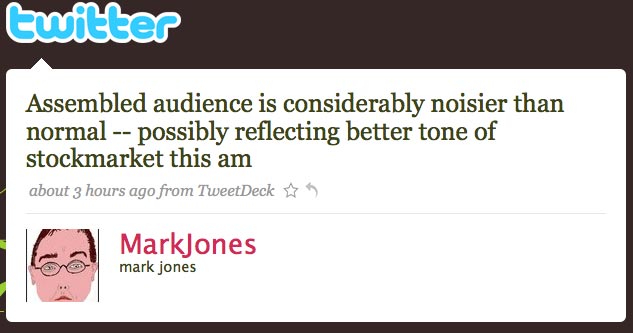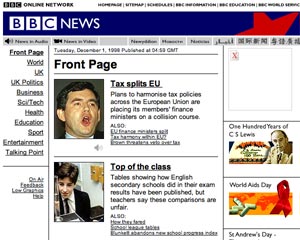Tonight he steps up to get the first ever Charles Wheeler Award at Westminster University from his boss Mark Thompson, the BBC director-general. Paxo is now the worthy wearer of Wheeler’s Crown. Well deserved.
Charles loved words and using them. So does Paxman. Witness this week, Paxman calling Esther Rantzen a ‘retired television nabob’. Ouch.
It’s what good journalists do; we use words. Charles transformed any film which he reported. I’ve seen very so-so stories become very good watches when reported by Wheeler. Paxman, lest we forget now that he is in a warm studio, was the best film reporter of his generation. Look at some of the films from the Central American frontline 30 years ago. The man learned early.
Charles liked to cause mischief. All good hacks do. He was once heavily censured by the BBC bosses for being rude to royalty on tour. Did he care? Not a jot! Think Paxman and Blair: ‘Do you and President Bush pray together?’ and my all-time favourite to Shaun Woodward, the new MP for St Helens in deepest Lancashire: ‘Mr Woodward did your butler vote Labour?’ (Woodward is very rich and was parachuted to St Helens. He did have a butler).
Charles was less the master of the studio than Paxo has become. Charles always looked a mite uncomfortable, Paxo not. A caged animal waiting for its prey. It’s no wonder Gordon Brown refuses to be interviewed by him. Paxo takes Newsnight up a gear when he presents it.
Both are, to use that wonderful English word, ‘curmudgeonly’. So what? There are too many smiling faces on TV and too many autocuties. Curmudgeons find things out – even if they do not make huge numbers of friends. But then good hacks are loners.
For all of their similarities (and differences) who can begrudge Paxo the title of King of the TV Journalism jungle? Not me.
John Mair is a senior lecturer in broadcasting at Coventry University. He produced last month’s Media Society Annual Award Dinner for Jeremy Paxman.
Note: updated with subbing corrections 21.05.09

 There was also
There was also 